Announcer:
The following program is a PBS Wisconsin original production.
Scott Krug:
We want to figure out who won our election on Election Day.
Frederica Freyberg:
Several new state election laws proposed at the Capitol but solutions to problems are not promised.
I’m Frederica Freyberg. Tonight on “Here & Now,” a state lawmaker pushes for earlier counting of absentee ballots. Plus, the latest candidates to enter next year’s race for governor. An expert on autism explains recent claims about the cause of the condition. And finally, we learn how federal cuts are impacting a tribal radio station in Wisconsin. It’s “Here & Now” for September 26.
Announcer:
Funding for “Here & Now” is provided by the Focus Fund for Journalism and Friends of PBS Wisconsin.
Frederica Freyberg:
First, an immigration enforcement operation in Wisconsin late this week. The joint operation, including the FBI in Milwaukee and ICE agents, arrested 21 people in Manitowoc County. The FBI says all those arrested are in the country illegally, with nine of them targeted for suspected involvement in the sexual assault and human trafficking of children. An immigration rights organization in Manitowoc said this about Thursday’s arrest. “It is both reckless and harmful to connect all those detained today with allegations of sex trafficking. At least one of today’s actions targeted a group of dairy workers who gather every morning in the same place and ride together to work.”
At the Capitol, a new slate of legislative proposals would speed up the return of election results by allowing the counting of absentee ballots the Monday before polls open and make other changes, including security for absentee ballot boxes. The Republican author of the bills is looking to work across the aisle on the measures but even those Democrats agreeing to a bipartisan process don’t yet support the proposals. So where do any of these election rules stand? We asked the Assembly assistant majority leader and vice chair of the Assembly Committee on Campaigns and Elections, Representative Scott Krug. I spoke with him earlier. Representative Krug, thanks very much for being here.
Scott Krug:
It’s great to be here.
Frederica Freyberg:
So why are you proposing allowing an early count of absentee ballots on the Monday before a Tuesday election?
Scott Krug:
Yeah, we just know from the last few cycles that Milwaukee has been the later reporter amongst the election results in the state of Wisconsin. It’s led to conspiracies that there is late night ballot dumps and all kinds of conjecture. That’s built from that and exploded over the years every time we have a statewide election. So the answer is to do what 43 other states do, and to figure out a way that we can get the ballots counted and people can go to bed knowing who won the election on Election Day.
Frederica Freyberg:
What kind of support do you have for that?
Scott Krug:
You know, the state Assembly voice voted last session. This session, we’ve got to figure out a way to get it through the state Senate. So we’ve got to do it a little bit differently than we did last session. All the components of the absentee processing on Monday are the same as they were last session. Now it’s combined with a few different ideas. So we’ve got to build some support in the state Senate to get there.
Frederica Freyberg:
One of those ideas has to do with new security rules for ballot drop boxes?
Scott Krug:
Yeah.
Frederica Freyberg:
What do those look like?
Scott Krug:
So what we did is we worked with some groups to do some polling to see what the most important issues in elections were. And the two things that people talked about the most were knowing who won the election before they go to bed and making sure drop boxes are safe and secure. So this bill combines those two ideas and says all the guidance from the federal government on drop boxes, all the guidance from the Wisconsin Elections Commission on drop boxes. Going to put them in for size, standards, locations, dates and times of uses. And we’re going to do what other states do and video record the use of drop boxes in the state of Wisconsin.
Frederica Freyberg:
So when President Trump says he wants to ban mail-in voting and go back to hand-counting ballots, you said in an article I read, “We put out the fire. He stokes it.” What do you mean by that?
Scott Krug:
Yeah, there’s a competition, right? Every time we get to an answer on what Wisconsin election should look like, and under the Constitution, we have the right as a state to decide what our elections look like. So our bill package does talk about a lot of the things that President Trump has brought up about security, knowing who the person is who’s voting, things like that. But we also want to know, like I’ve said a few times, that we want to know who won the election on Election Day. Going back to hand counting or not using machines delays that into perpetuity. So just trying to set aside the conjecture that the machines are the problem or that we’re having late night ballot dumps, we can still do absentee voting by mail in Wisconsin and get the job done on Election Day.
Frederica Freyberg:
Now you’re looking for bipartisan agreement on these bills and held a news conference this week with a Democratic lawmaker. Here’s what she had to say.
Lee Snodgrass:
I do not endorse any of his bills in his package, and I don’t support the current draft of Monday processing or absentee ballot guidelines. But setting that aside, today, we are meeting the moment. Our country and our state has never been more divided and more contentious. The partisan divide has become not just contentious, but even hostile. Rep. Krug and I will continue to model that civil conversations and debate can happen in the same room, from the same podium, and with the same goal in mind, in spite of diverging ideas. And as I have told him, I look forward to this spirited debate in a future committee hearing.
Frederica Freyberg:
So this is, this is super interesting that Representative Snodgrass would say she doesn’t endorse your proposals, but she stands beside you. What is this about?
Scott Krug:
We have struck up this relationship on elections the last three years, ever since I took the committee chairmanship to make sure that each other at least know what the others are doing, that we don’t want to surprise each other first and foremost. That second, we talk about concepts before they come to committee so we can have an idea of what we’re trying to have an exchange of ideas on. And third, that we sit in that room in front of the public and hash out our differences when it comes to what we think is the most important issue in Wisconsin, it was just elections. We know that the building is seen, as you know, elections are a proxy for almost everything that we do. If we don’t have safe, secure elections and trust in our system, people aren’t going to trust anything else we do in the Capitol. So this relationship is built just on the idea that we want to make sure we each know what we’re doing.
Frederica Freyberg:
I will say there are Democrats, as you know, who decry your efforts, saying the bills add in partisan poison pills that come from the “extreme flank of the Republican caucus” referencing things like rules around election observers. What’s your response to that?
Scott Krug:
You know, if they see me as the extreme flank of my party, I don’t know how to tell them, you know, who might actually be. But these are things that we’ve talked about in committee the last three years, whether it’s ballot curing, whether it’s drop boxes, whether it’s Monday processing. There’s nothing new in any of this project that we’re working on. It’s just the way that they’re combined, I think, that makes them not understand exactly what we’re trying to accomplish.
Frederica Freyberg:
Have you worked with Governor Evers on any of this? Do you expect him to sign these into law should they pass?
Scott Krug:
You know, and that’s what I told the legislative Democrats, is that, you know, to be bipartisan, they don’t necessarily need them all to agree. I need the governor to agree. Right? And we’re in this place now where I think the governor recognizes he wants to get some more things done. And like I said, I think the most important area that he could find some bipartisan support and build a legacy is securing our elections and building trust for everybody in the state of Wisconsin. So, yeah, we are, you know, engaged in conversations with the governor’s office to make sure they understand exactly what we’re trying to accomplish and how four of these bills all working together can expand access, ensure results, and make sure we build confidence.
Frederica Freyberg:
Representative Scott Krug. Thanks very much.
Scott Krug:
Absolutely. Thank you.
Frederica Freyberg:
Two more candidates have entered the race for governor of Wisconsin. First, this week, current U.S. Congressman Tom Tiffany, a Republican who represents the Wausau and northern Wisconsin area. Tiffany is closely aligned with President Donald Trump, especially on immigration policies. Tiffany joins one other Republican in the race. And throwing his hat into the ring is former state lawmaker Brett Hulsey. Hulsey represented Madison in the state Assembly just more than a decade ago. He is the sixth Democrat to announce a run for governor.
With 43 and counting, data processing centers are popping up all over Wisconsin, like the Microsoft Data Center in Mount Pleasant, where the tech giant is developing a 1900-acre site after buying it from Foxconn. Data centers contain servers and drives to store, process, and disseminate data. Companies like Microsoft, Amazon, Google and Meta operate large scale data centers. The Great Lakes region is a popular site for them because of the large amounts of water data centers need to cool the equipment. But what about the electricity needed to run them? What are the implications of that usage? We turn to Line Roald, professor in the UW-Madison Department of Electrical and Computer Engineering. And thanks for being here.
Line Roald:
Thank you for having me.
Frederica Freyberg:
So we know that everybody talks about the millions of gallons of water that are needed to cool these data centers, but how much electricity do they need to do all that processing like this Microsoft one in Mt. Pleasant?
Line Roald:
Yeah. So it varies quite a bit by data center and the type of data center. But the Mt. Pleasant data center, I think, is supposed to use about 450MW of power. And that is a lot. That’s about the same amount as all the households in Milwaukee together.
Frederica Freyberg:
And so if you talk about 43 data centers, obviously not all as large as that, but across the state of Wisconsin, that’s sucking a lot of power.
Line Roald:
Yes, it is. Yeah. And the projection is moving forward with even more, particularly of these very large data centers coming, is that it will consume really a lot of power that is going to change, really the scope of use of electricity in Wisconsin.
Frederica Freyberg:
So this growth of these centers seems explosive, right, and all of a sudden. Have you been surprised by it?
Line Roald:
So I have been working on data centers and their energy use since about 2018. And back then, it was already clear that we are likely going to see an increase in energy use from data centers just because it’s getting harder, it was getting harder to keep up the efficiency gains that have allowed us to do ever more computing with essentially kind of the same amount of electricity. So for a long time, electricity use was fairly flat. But then now, so you were expecting that there would be an increase. But of course, with AI and these large language models and these very, very large models that need really, really large data centers for training and inference, it’s really been quite explosive, I would say. So it’s a bit unprecedented for the grid to see this amount of growth in this short time period.
Frederica Freyberg:
In Wisconsin, do we have the capacity to provide the electricity?
Line Roald:
So it’s not like there are hundreds and hundreds of megawatts of power that is just kind of laying around being — waiting, waiting to be used. And so we don’t necessarily have the capacity to meet all that demand as it is today. And so we are going to need new infrastructure, new transmission lines, new power plants in order to meet that demand, because it’s also not like the regions around us necessarily have that energy there.
Frederica Freyberg:
So what about the cost of this energy demand? And then that infrastructure of which you speak, does that get passed along to the consumer? Like am I going to see it in my electric bill?
Line Roald:
That’s a good question how much of it and how that cost will be spread. So you can imagine that when more people want something, the price sometimes tend to go up, because there’s maybe a limit to the supply of that, of electricity, but also the way utilities do things is that they build infrastructure to meet the demand of their customers, and they have to file what is called a rate case with the Public Service Commission in order to determine how that cost is being covered. So they have to ask for permission to spend that money to build that new infrastructure, and they have to talk about how they are going to spread that across consumers. And there’s a lot of open questions in exactly how that is going to happen. And so I think both in Wisconsin but also elsewhere in the country, there’s a lot of questions of how this might impact consumer bills. And frankly, to be, to be honest with you, I am not entirely sure where the Public Service Commission, for example, will land with that, how the utilities will do things, and also what kind of contracts these companies are able to get with the utilities. A lot of that will determine how energy bills will or might change.
Frederica Freyberg:
What would happen in peak times like summer? Can the grid in Wisconsin manage that load, and are there concerns about blackouts or that kind of thing?
Line Roald:
Yeah, so already now, during peak times in summer, it can be challenging to meet the demand as it is today. So we have seen in past years that there has been warnings by NERC, who is the regulatory body that has been saying that, okay, there could be challenges meeting peak demand in the Midwest during summer peak hours. And so what we might be seeing is that there is a need for more demand response. I mean, you might be familiar with, for example, energy rush hours where the utility says, okay, I’m going to control the thermostat in your home and make it a little bit warmer during those peak hours to reduce the amount of electricity that we need in order to cool the house during summer when it’s very warm. And so, of course, this happens, if it happens, it happens at a household level. There are very small changes in energy demand, and the effect comes from many, many people adjusting their temperatures at the same time. So we could see more of that. But we could also see that data centers actively participate in this and that they are able to reduce their energy demand during those peak hours and if they are able to do so, we are going to need less infrastructure. There would be less stress on the grid, and there would be a lower chance that there would be large impacts, like blackouts. Blackouts typically — hopefully we will not see that because utilities are quite good at predicting energy demand and particularly large data centers it might possible to know a little bit in advance how much they will use, so hopefully we would not get there. But there’s definitely an increased stress on the grid that could be challenging to manage.
Frederica Freyberg:
All right. Well thank you very much, Professor Line Roald.
Line Roald:
Thanks.
Frederica Freyberg:
Also this week, abortion provider Planned Parenthood of Wisconsin announced that it will temporarily stop scheduling abortion appointments as of next week. Calling it a pause, Planned Parenthood says it’s due to recent federal budget changes that affect its ability to receive Medicaid funding. Online, the organization said it will “provide the full spectrum of reproductive health care, including abortion as soon as we are able to.”
In other medical news, the Waisman Center on the UW-Madison campus is a leader in research and care of people with autism. So what did professionals there think when this week, President Donald Trump told pregnant women not to take Tylenol as his administration warned of an association with acetaminophen and autism? At the same time, the FDA commissioner also announced the agency would work to fast track a folic acid metabolite called leucovorin to treat autism. Director at Waisman Center’s Autism and Developmental Disabilities Clinic, Lily Wagner joins us. And thanks very much for being here.
Lily Wagner:
Yeah, thank you for having me.
Frederica Freyberg:
So first to the announcement that Tylenol use in pregnancy is associated with autism in children. Is that true?
Lily Wagner:
I think the best answer that we have, and that we can tell patients of ours confidently, is that the really good science and good studies do not support that Tylenol causes autism. We do have decades of research showing that things like maternal fever and pain during pregnancy can have significant risks, including some developmental delays or differences. But, but no, there’s, there’s no evidence of a causal relationship at this time.
Frederica Freyberg:
So what kind of calls has your clinic been getting from families about this?
Lily Wagner:
Yeah, I think, as you can imagine, we have a lot of moms who are feeling a lot of different things right now. Very distressed. Very — a lot of guilt, a lot of worry about this. And I think one thing that we’re trying to tell families is that they don’t have to make the decision about whether or not to use Tylenol by themselves. You know, we were trying to really encourage them to reach out to their trusted health care providers, their pediatrician, their own personal doctor or obgyn, and have them walk them through the studies that are showing these associations and walk them through the recommendations that are put out there by professional organizations because, you know, it is so confusing, all the mixed messages out there. They should, they should be able to get guidance from people they trust.
Frederica Freyberg:
The number of children diagnosed with autism has been on the rise. Do researchers know why?
Lily Wagner:
Yes. So the newest prevalence rates, it has been increasing for probably — prevalence has been increasing for the past 20 years. I think now we’re at 1 in 31 as the most recent numbers. And they’re likely — there are many different reasons for that. There is increased access to services. There are better — children are being identified much earlier. They’re being — we have better screening practices. The diagnostic criteria has changed over time. There are likely also some genetic and environmental factors that, you know, I won’t speak to directly because that’s not my field. But certainly there is not one cause. And I do just want to point out that the use of acetaminophen Tylenol has plateaued or decreased over the past 20 years, so it would be hard to explain the decrease in that with the increase in autism, if there was a causal relationship.
Frederica Freyberg:
Now as to the potential cure or treatment for autism, the drug Leucovorin…
Lily Wagner:
Leucovorin.
Frederica Freyberg:
Leucovorin. Is that promising?
Lily Wagner:
You know, I think, I think potentially promising is a nice way to describe it. I think right now there is not enough scientific evidence to support it as a treatment for autism. Again, I would encourage any interested families to talk to their healthcare providers about whether their specific child could potentially benefit from Leucovorin. There is not enough evidence to support it as a treatment right now. Although there are some larger, randomized controlled trials underway across the country.
Frederica Freyberg:
Could it, could it cause unrealistic hope for families?
Lily Wagner:
Yeah, I think, I think when you, when you put a promise of a treatment out there before there’s the science to support it, it’s not helpful. And I think it can just add to the confusion and kind of chaos going on right now. Yes.
Frederica Freyberg:
What should people do, families do with this information coming from the federal government right now?
Lily Wagner:
You know, I think, I think back to what I said, I would really encourage families to reach out to providers that they trust and listen to their recommendations because they’re basing their recommendations on science, on evidence. And I, and I also want to say that it’s very harmful to the autism community. I think the way that some people are talking about autism as a, you know, something that needs to be cured or, or something that’s harmful to families. I think autistic people really add so much to our society, and we should really be working to identify ways to better support them. Yeah.
Frederica Freyberg:
All right. Lily Wagner, thanks very much.
Lily Wagner:
Thank you.
Frederica Freyberg:
In northern Wisconsin, the only tribal radio station in the state won’t see federal funding from the Corporation for Public Broadcasting after this week. Following the cuts, WOJB 88.9 FM says it will explore unconventional ways to keep the station on the air. In collaboration with ICT, formerly Indian Country Today, “Here & now” reporter Erica Ayisi visited Woodland Community Radio in Hayward to learn more. We should mention Wisconsin Public Media also lost CPB funding. Here’s Erica’s report.
Jeffrey Jones:
And we’re going to miss that greatly. 40% plus, between 40 and 45% of our funding…
Other man:
That’s a bunch of money.
Jeffrey Jones:
… is going away.
Erica Ayisi:
Jeffrey Jones, host of the afternoon show, wants listeners to know how much federal funding WOJB lost due to the vote to defund the Corporation for Public Broadcasting or CPB.
Jeffrey Jones:
Now, more than ever, we need our listeners.
Erica Ayisi:
He’s hosting a pledge drive asking listeners to hear his heed for donations.
Jeffrey Jones:
We have an extra week of coming to you, our listeners, to ask for your support to expand.
Erica Ayisi:
Karl Habeck, general manager of WOJB Woodland Community Radio, says the station needs generous support to keep Wisconsin’s only tribal radio station on the airwaves.
Karl Habeck:
For next year, we’re going to have to look for approximately $230,000 to, to maintain what we have going.
Erica Ayisi:
WOJB received funding distributed by CPB. It was defunded in July as part of President Donald Trump’s Rescission Act of 2025. The administration took back $1.1 billion in pre-allocated CPB funds, threatening the operation of 57 tribal stations across the country, like 88.9 FM in Hayward.
Karl Habeck:
It kind of breaks my heart to see it, but that’s what’s going on in this world today. And we’re — we get the repercussions of that.
Erica Ayisi:
Habeck says WOJB self generates funds through listener member donations, underwriting and leasing their radio towers.
Karl Habeck:
We actually made over $250,000 last year on our own.
Erica Ayisi:
But Habeck says the rural radio station needs more.
Karl Habeck:
We’re not going to be able to make it with listener donors and underwriting together. Still not enough.
Erica Ayisi:
WOJB is on the Lac Courte Oreilles Ojibwe Nation Reservation. Habeck says they went on the air in 1982 out of activism amongst the Lac Courte Oreilles Ojibwe tribal members.
Karl Habeck:
The creators of the station were concerned about not having a voice and not being heard.
TV announcer:
Boat landings where spearers were fishing are packed with protesters, cops and reporters.
Erica Ayisi:
In the late ’80s, Habeck says WOJB educated listeners about tribal sovereignty and ceded territory during the Walleye Wars spearfishing controversy.
Woman on TV:
You’re going to take everything that’s allowed to anybody else, and that’s not right.
Karl Habeck:
A lot of people misunderstood or didn’t care to understand the treaty, the hunting and fishing rights of the Ojibwe people in, in northern Wisconsin.
Woman radio announcer:
Welcome. Welcome to WOJB.
Listener:
Thank you.
Erica Ayisi:
And today, Habeck says listeners tune in from the Northwoods and beyond. Operating at 100,000 watts, reaching nearly 100 miles in every direction.
Karl Habeck:
We just barely get up to Superior but if you get up on the hill in Duluth, we reach that far. We’ll reach down, you know, maybe as far as Amery, as far east as easily Park Falls.
Erica Ayisi:
Habeck says he’s hopeful that his conversations with Native Public Media, a Native American-based public broadcasting organization, will help generate funds.
Karl Habeck:
I think they could come up with something significant.
Erica Ayisi:
As he waits for South Dakota Senator Mike Rounds to make good on his promise with the Trump administration to take $9.4 million of unused climate change money and reallocate it to certain tribal stations.
Karl Habeck:
I think it included the most needy tribes. I know we made the list.
Erica Ayisi:
A list hasn’t been made public, but Habeck says the staff and volunteers at WOJB are up to the challenge…
Jeffrey Jones:
I’m Jeff and it’s the afternoon here on WOJB reserve.
Erica Ayisi:
…and opportunity…
Jeffrey Jones:
We’re broadcasting from Lac Courte Oreilles.
Erica Ayisi:
…to keep their community programing on the airwaves.
Karl Habeck:
So we’re going to have to do something above and beyond to generate the funds that we need that are unconventional to what we’re used to doing.
Jeffrey Jones:
Music from Perfume Genius here on WOJB.
Erica Ayisi:
Reporting from the Lac Courte Oreilles Reservation, I’m Erica Ayisi for “Here & Now” and ICT.
Frederica Freyberg:
For more on this and other issues facing Wisconsin, visit our website at PBSWisconsin.org and then click on the news tab. That’s our program for tonight. I’m Frederica Freyberg. Have a good weekend.
Announcer:
Funding for “Here & Now” is provided by the Focus Fund for Journalism and Friends of PBS Wisconsin.
Search Episodes
News Stories from PBS Wisconsin

Donate to sign up. Activate and sign in to Passport. It's that easy to help PBS Wisconsin serve your community through media that educates, inspires, and entertains.
Make your membership gift today
Only for new users: Activate Passport using your code or email address
Already a member?
Look up my account
Need some help? Go to FAQ or visit PBS Passport Help
Need help accessing PBS Wisconsin anywhere?

Online Access | Platform & Device Access | Cable or Satellite Access | Over-The-Air Access
Visit Access Guide
Need help accessing PBS Wisconsin anywhere?

Visit Our
Live TV Access Guide
Online AccessPlatform & Device Access
Cable or Satellite Access
Over-The-Air Access
Visit Access Guide
 Passport
Passport
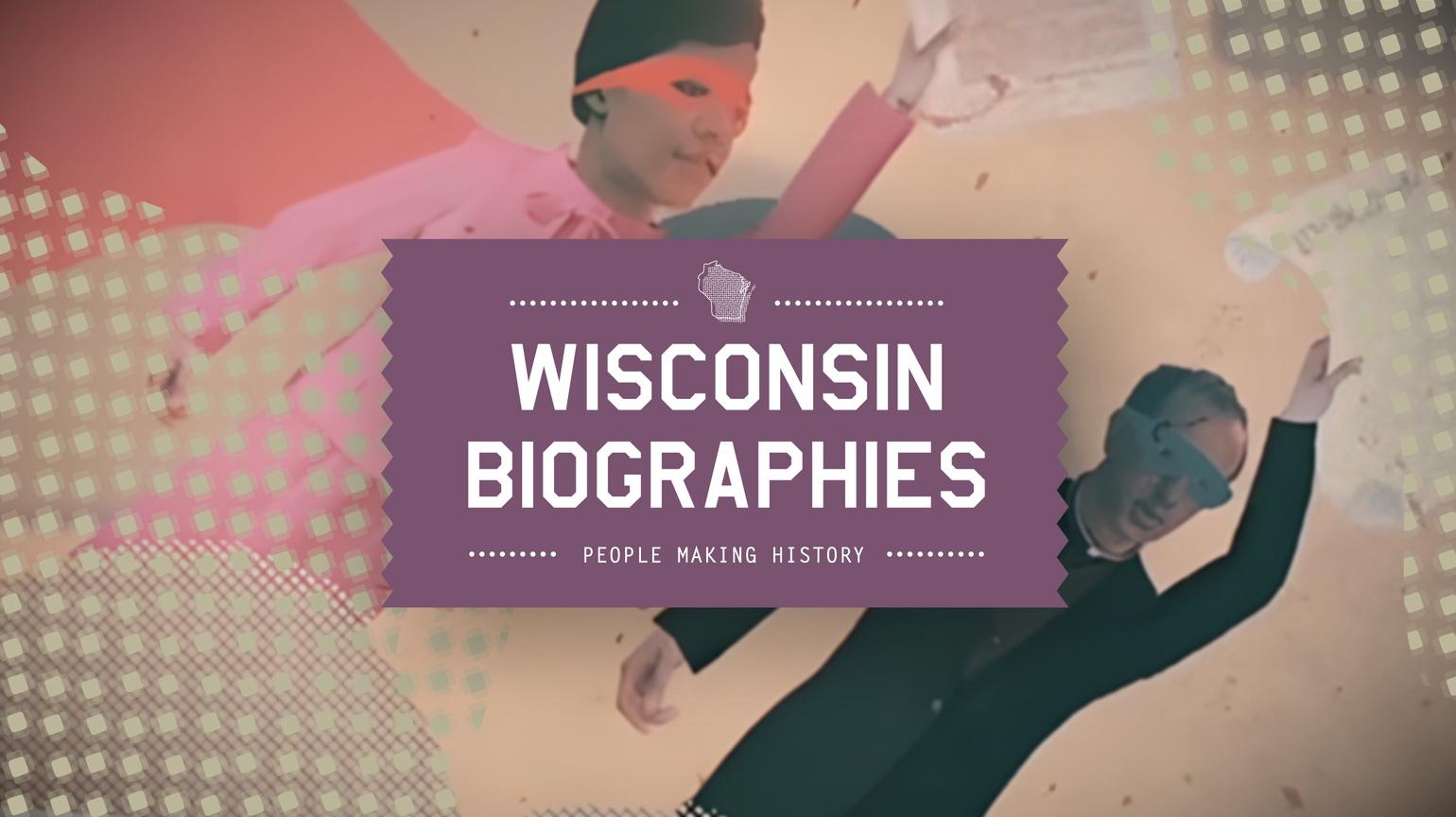

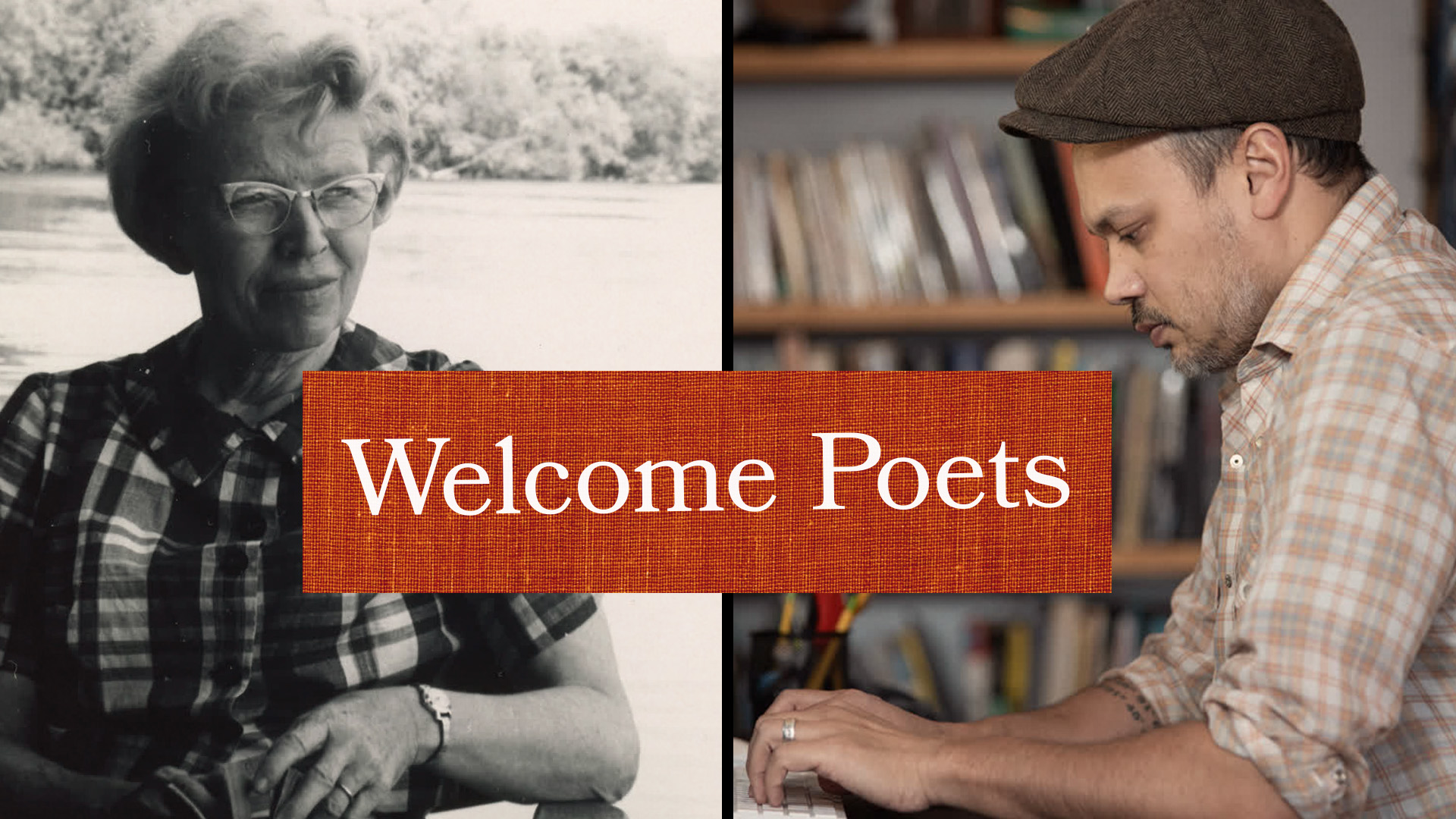
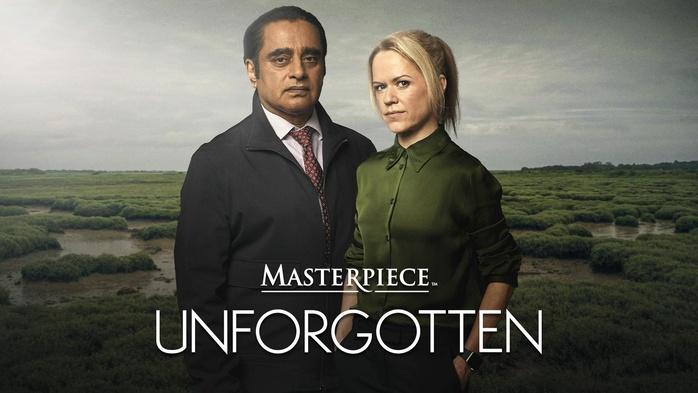

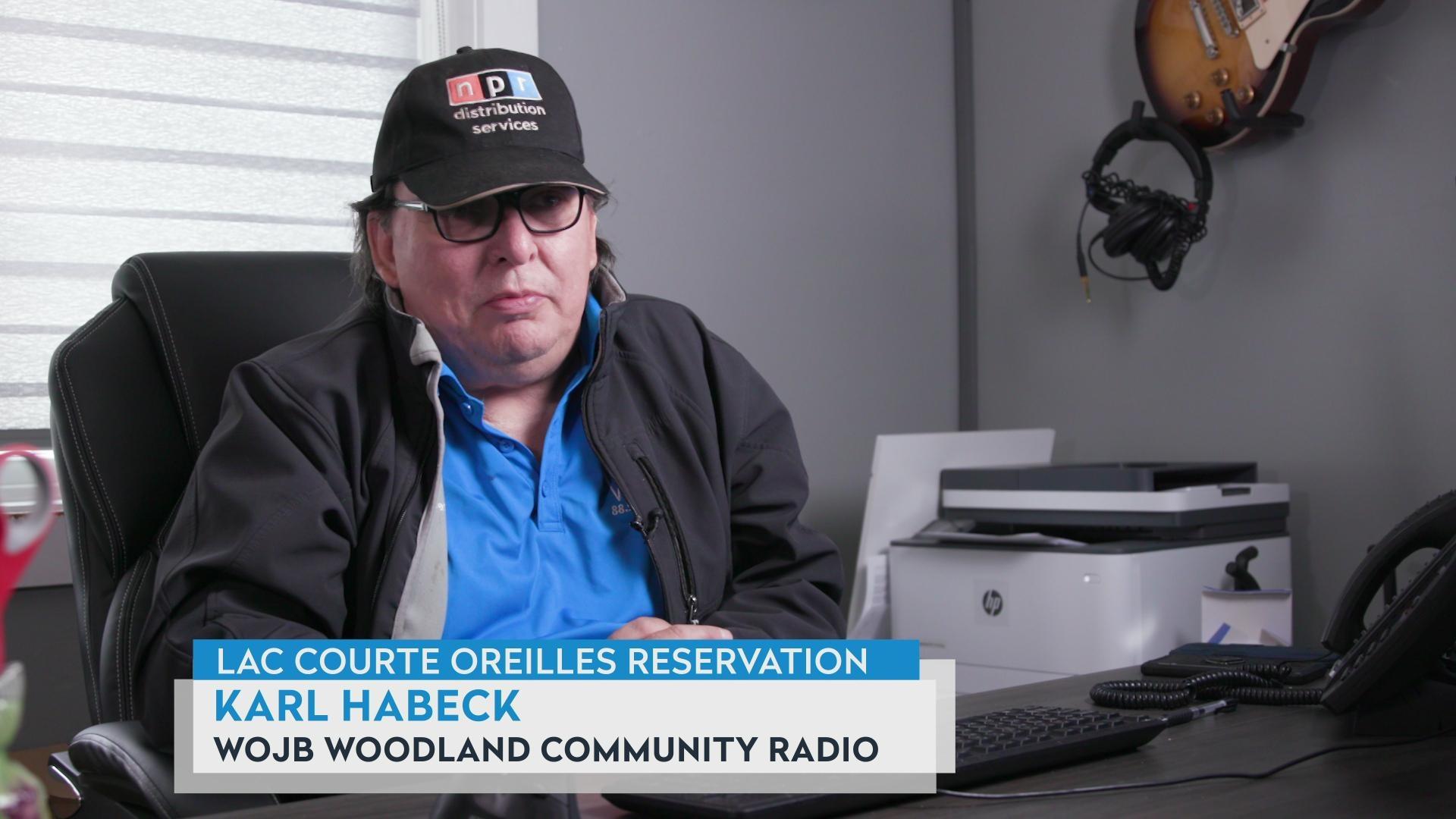
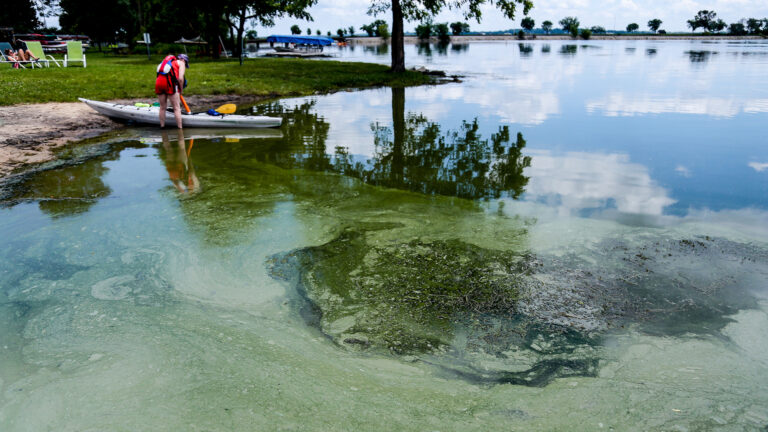
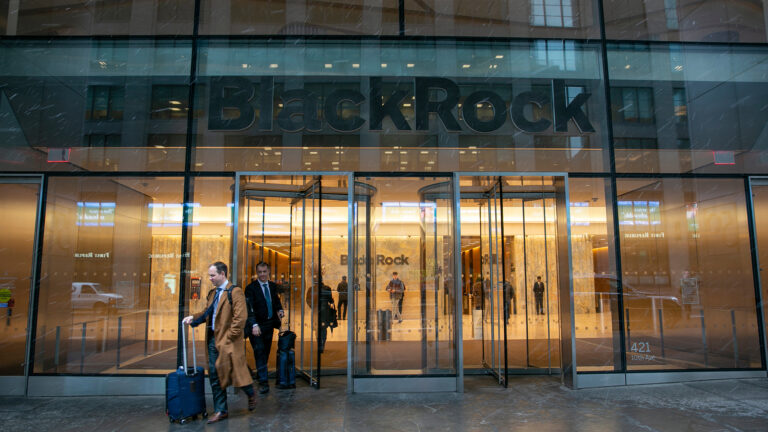
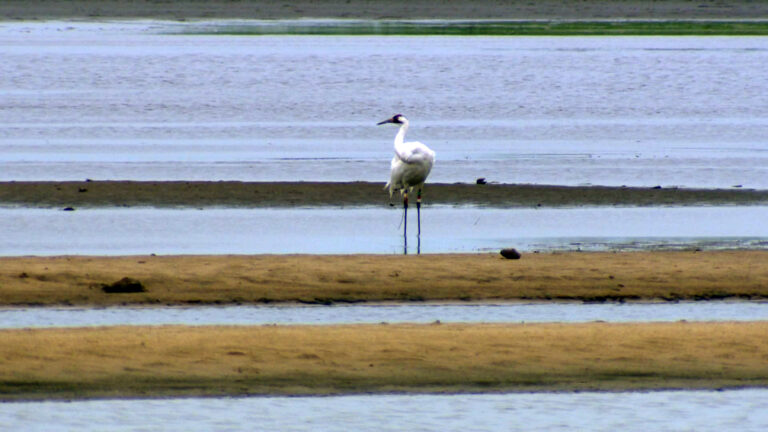
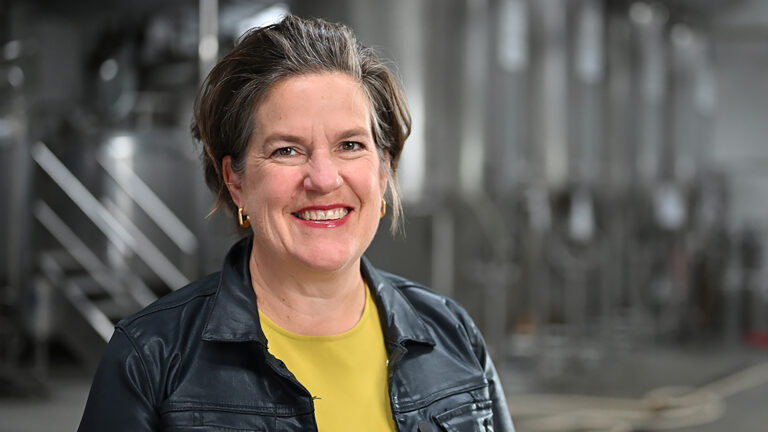
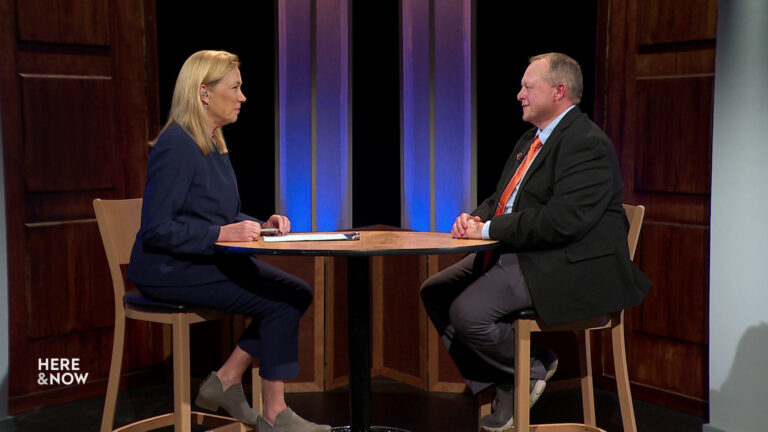
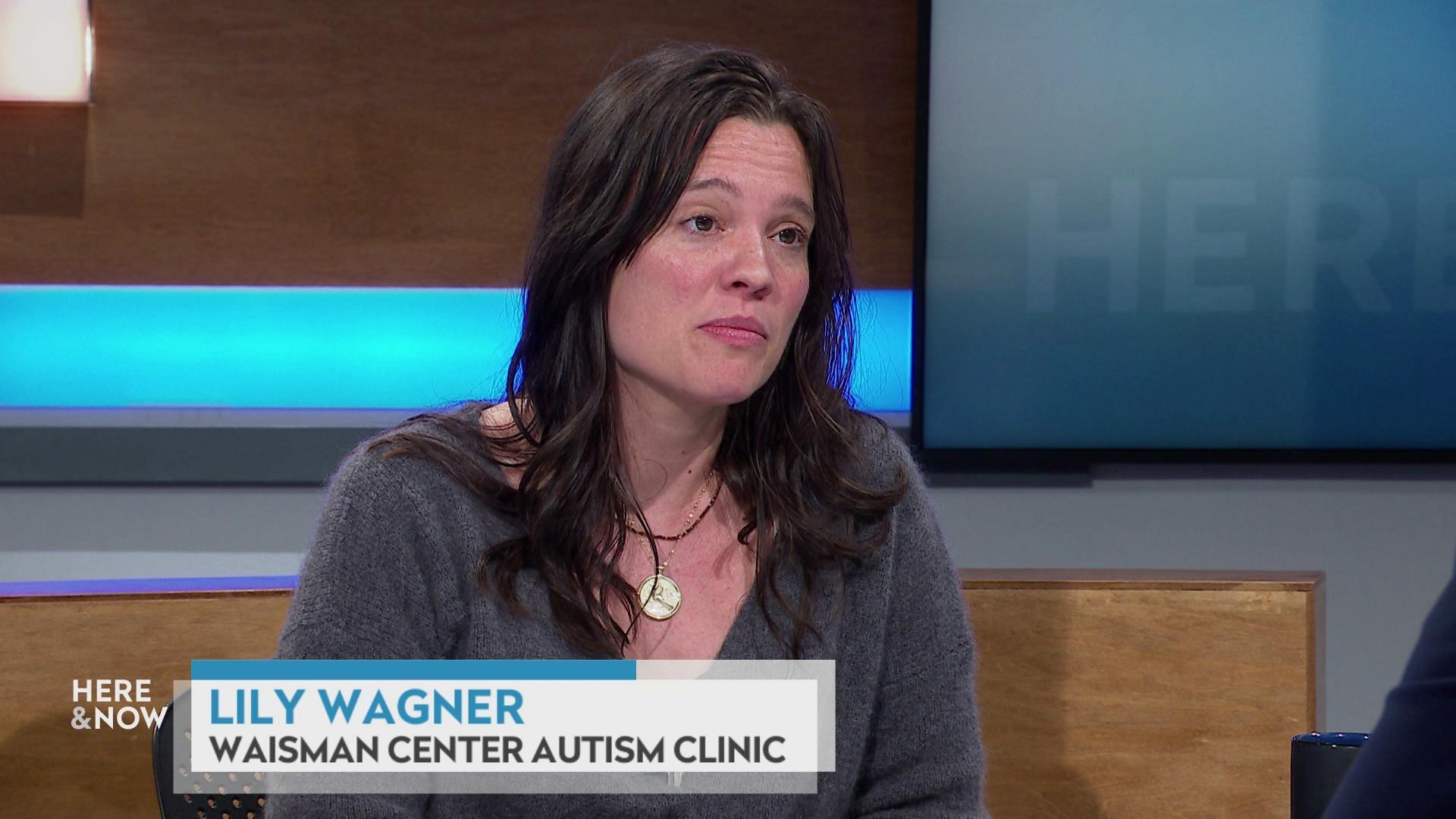
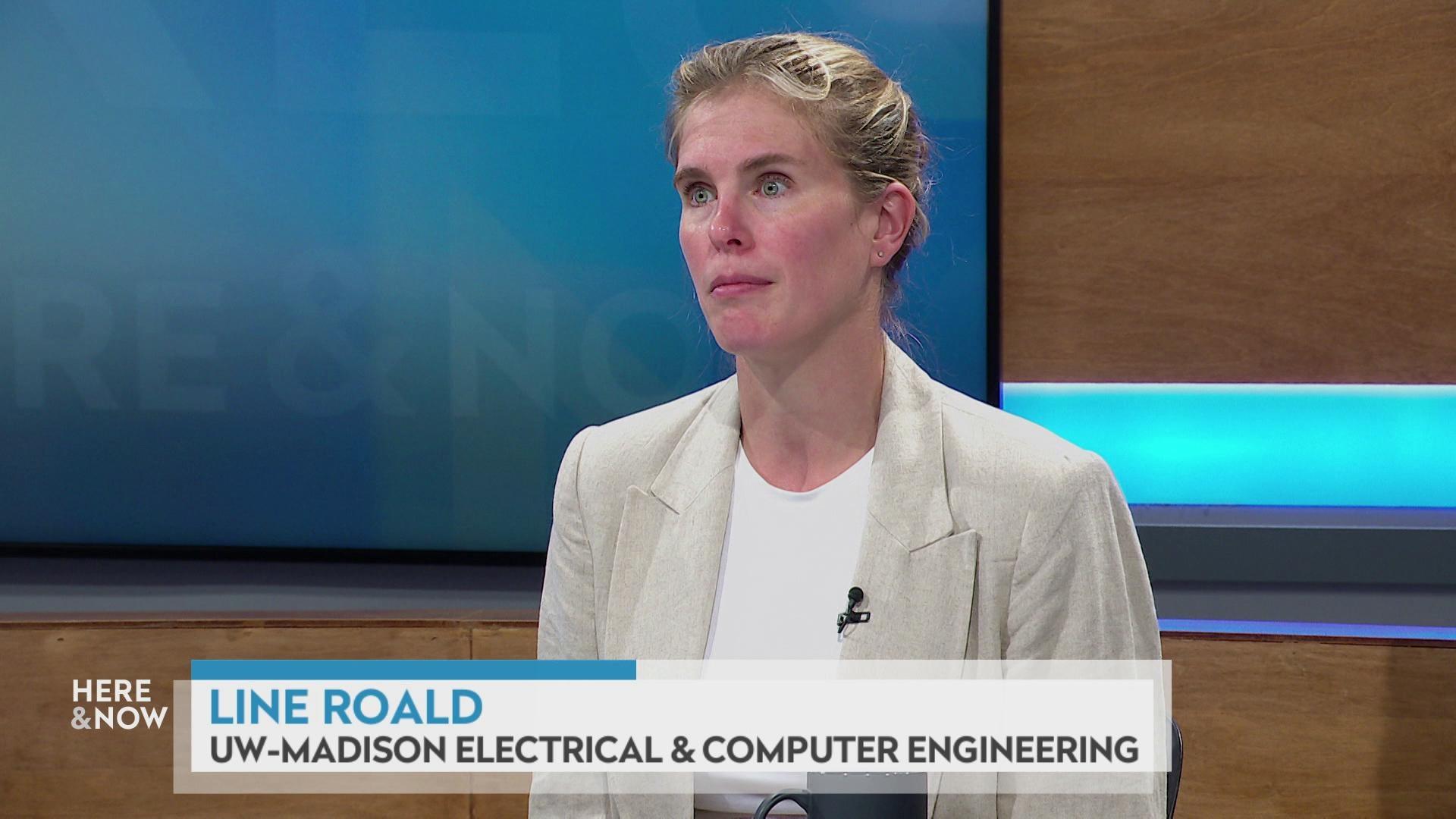
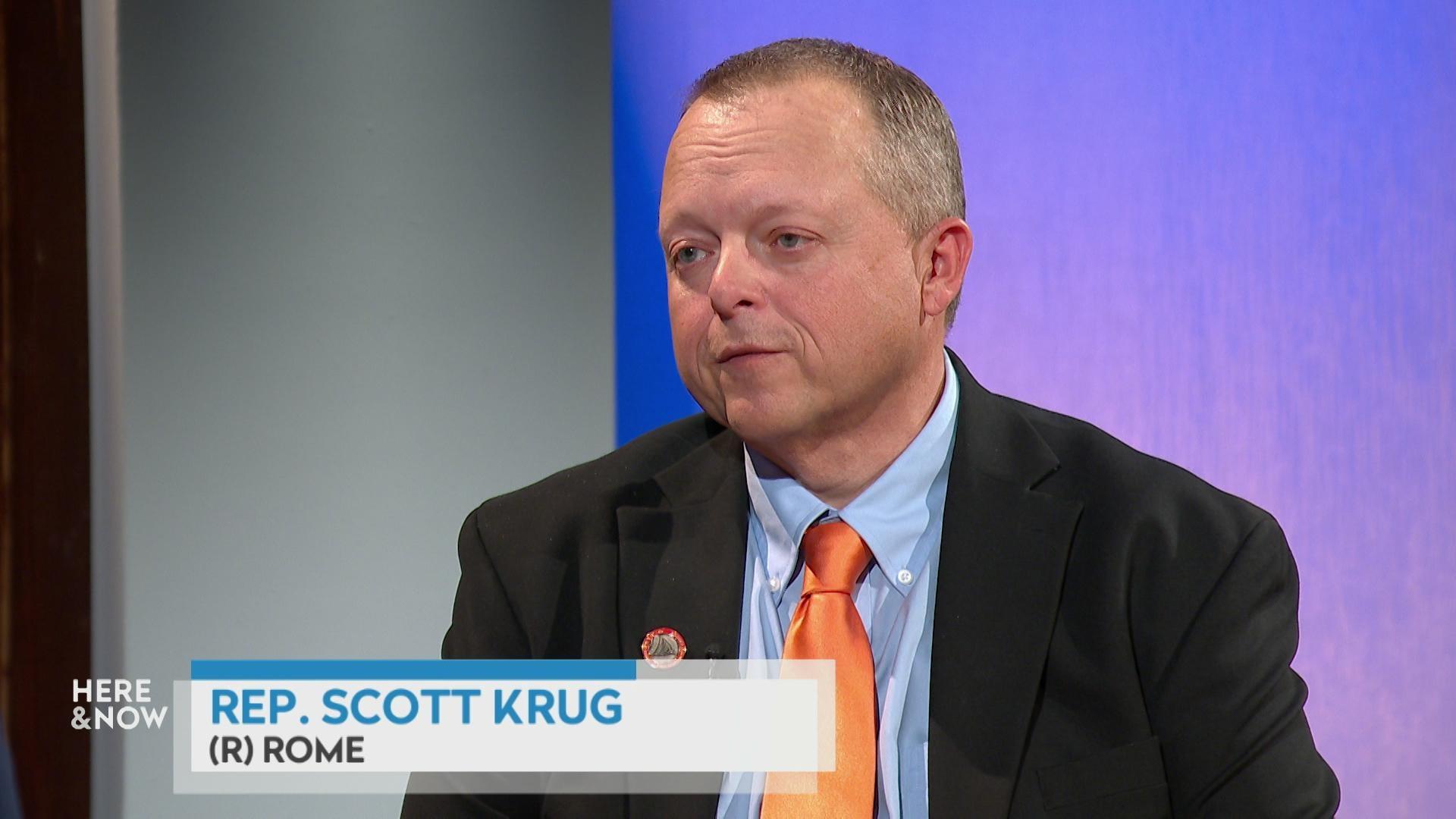
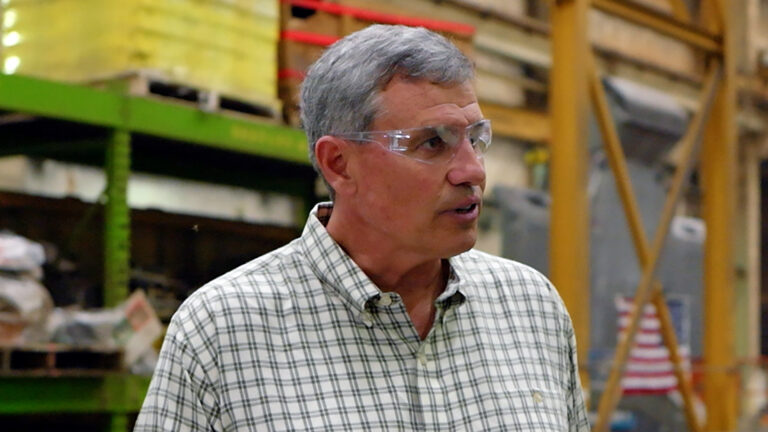
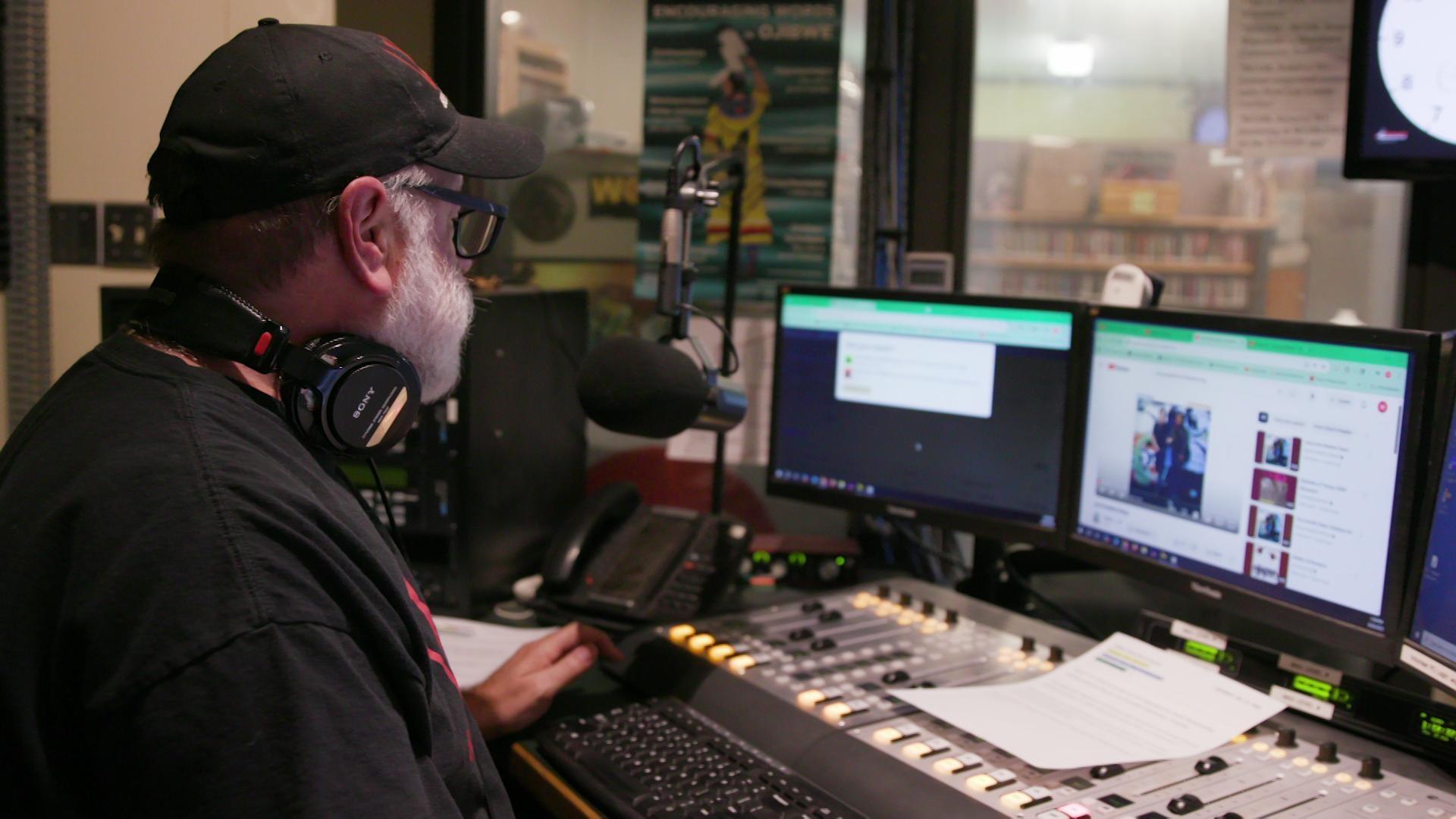
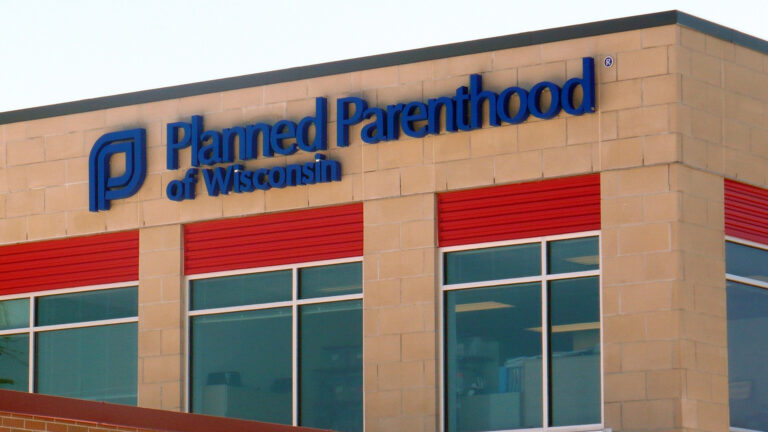

Follow Us